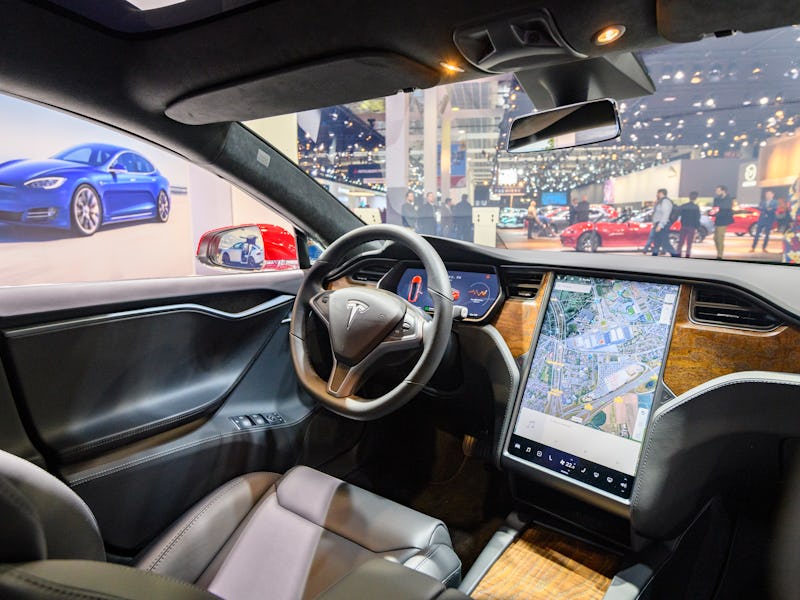Tesla Model S: Elon Musk makes an intriguing promise
How far can the flagship EV travel on a single charge?

It's not just cost that makes drivers hesitate when deciding between electric vehicles and traditional combustion engines. There's psychology involved as well, especially a phenomena known as "range anxiety." Both British and American drivers have recently confirmed that fears of running out of juice while on the road makes them think twice about the cars.
In a quarterly call this week with investors, Tesla CEO Elon Musk offered a claim that could qualm the worries.
The Tesla Model S is "rapidly approaching a 400 mile range," Musk said.
The Model S is already Tesla's marathon runner. In April 2019, the California car company credited a new drivetrain design for allowing the car to hit 370 miles on a single charge, currently the longest range commercially available.
But during the quarterly call on Wednesday, Musk raised their previously-unknown capabilities in response to a question about batteries, which dominated much of the call.
Martin Viecha, the company's Senior Director of Investor Relations, was giving Musk questions:
The last question from investors is the sales of Model S and X have stayed flat for several quarters, the main reason is that they still use 18650 batteries. When will S and X use 2170 batteries? Manufacturing capacity of 18650 may be used for battery storage systems instead.
The question refers to Tesla and Pansonic's 18650 batteries, which are small, cylindrical, and have been powering Tesla cars for years, even as competitors have gone toward bigger batteries. But starting in 2017, the two companies began developing the 2170s (both battery classes are named after their physical dimensions). With sales flat, as the investors claimed, they were wondering if a shift was necessary.
Musk was skeptical, saying that while the dimensions of 18650 batteries have stayed the same, the technology within has changed. Then he dropped a surprise:
Well, actually the core chemistry inside the 18650 cell has improved many times over the years. So, it's really just a form factor as opposed to a core technology. So it's -- yes, I think we're pretty happy with where the -- with the energy content of the cell and the improvements in efficiency of the vehicle. The -- we're rapidly approaching a 400 mile range for Model S, for example. So, this is -- it won't be long before Model S is 400 -- has 400 mile range.
Drew Bagalino, Tesla's CTO, backed up the claim that there's more to the 18650 cell than meets the eye. Then Viecha responded to the question he had posed, noting that the company hasn't "gotten around" to updating the government on the latest number.
And actually the Model S and X actually have more range than we are currently stating on the website. We just haven't gotten around to updating the, I guess, the EPA sort of might number. But the actual range of the Model S and X are above what the website says there are.
Musk then walked the claim back slightly, saying that the a single charge could get the car to "somewhere in the 380s or something like that," which would be a much smaller leap.
Regardless, range anxiety is a mostly illogical fear. According to the AAA Foundation for Traffic Safety's most recent statistics from 2017, an American's average drive consists of traveling 31.5 miles a day. But it does have one powerful basis in fact: drivers are worried about finding a charging station, which is why both Tesla and other companies like Ford are trying to ramp up production as soon as possible.